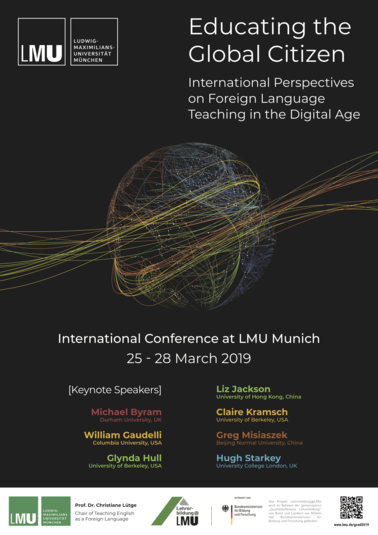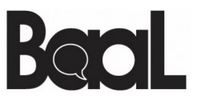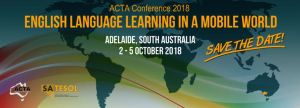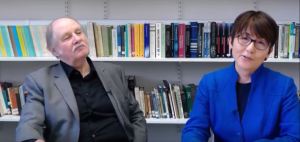by Nina Kostka, Justus Liebig University (JLU) Giessen, Germany
Productive speaking is rare to observe in primary EFL classrooms in Germany (cf. Roos 2007: 169, Engel 2009: 200). It is generally assumed that – due to the predominance of imitative-reproductive speaking phases and the widespread use of formulaic language – there is too little time to encourage productive speaking skills (cf. Engel 2009: 198/200, Roos 2007: 183/187). Nonetheless, according to the official curricula of the German federal states, productive speaking is an important goal in primary EFL education (e.g. HKM 2010: 15). Moreover, in order to promote productive speaking in class, the use of formulaic sequences is explicitly recommended and approved (e.g. HKM 2010: 20).
This new empirical study investigates young learners’ formulaic language use in the primary EFL classroom, in relation to the development of their productive speaking skills (focusing on dialogical speaking between learners primarily; in the third grade, their first year of learning English). Ultimately, the study aims at developing a preliminary, model-like methodological concept for developing productive speaking skills in the primary EFL classroom.
As part of the research project, a teaching model to enhance productive speaking skills was developed and implemented in cooperation with three third grade-primary school teachers (in the context of a participatory action research project). Spontaneously spoken learner dialogues were recorded in vivo (audio-visual and auditive) during the ‘natural’ classroom setting as well as in vitro in an especially created communicative situation at the end of the first year of learning English. Furthermore, semi-structured interviews were conducted with the cooperating teachers to enrich the data with another perspective on the students’ language production, the lesson planning and the contributing factors for productive speaking.
One important finding is that third graders use the learned/aquired formulaic sequences (mainly the variable patterns) productively in the course of their first year of English. A second key finding is that primary EFL learners use formulaic sequences in a varied/segmented way to express their personal communicative needs. However, as expected, the use of formulaic sequences decreases over time. In sum, the study indicates that the systematic use of content-flexible and variable patterns in class can have a substantial impact on the children’s development of productive speaking skills.
To read the complete study, please click here
Literature
Engel, Gaby (2009). EVENING – Konsequenzen für die Weiterentwicklung des Englischunterrichts in der Grundschule. In Gaby Engel, Bernd Groot-Wilken & Eike Thürmann (Hrsg.) Englisch in der Primarstufe – Chancen und Herausforderungen. Evaluation und Erfahrungen aus der Praxis (S. 197-215). Berlin: Cornelsen.
(HKM) Hessisches Kultusministerium (2010). Bildungsstandards und Inhaltsfelder. Das neue Kerncurriculum für Hessen. Primarstufe. Entwurf. Moderne Fremdsprachen. Online: https://kultusministerium.hessen.de/sites/default/files/media/kc_mfs_prst_201103_21.pdf, (20.07.2020).
Roos, Jana (2007). Spracherwerb und Sprachproduktion. Lernziele und Lernergebnisse im Englischunterricht der Grundschule. Tübingen: Narr.













